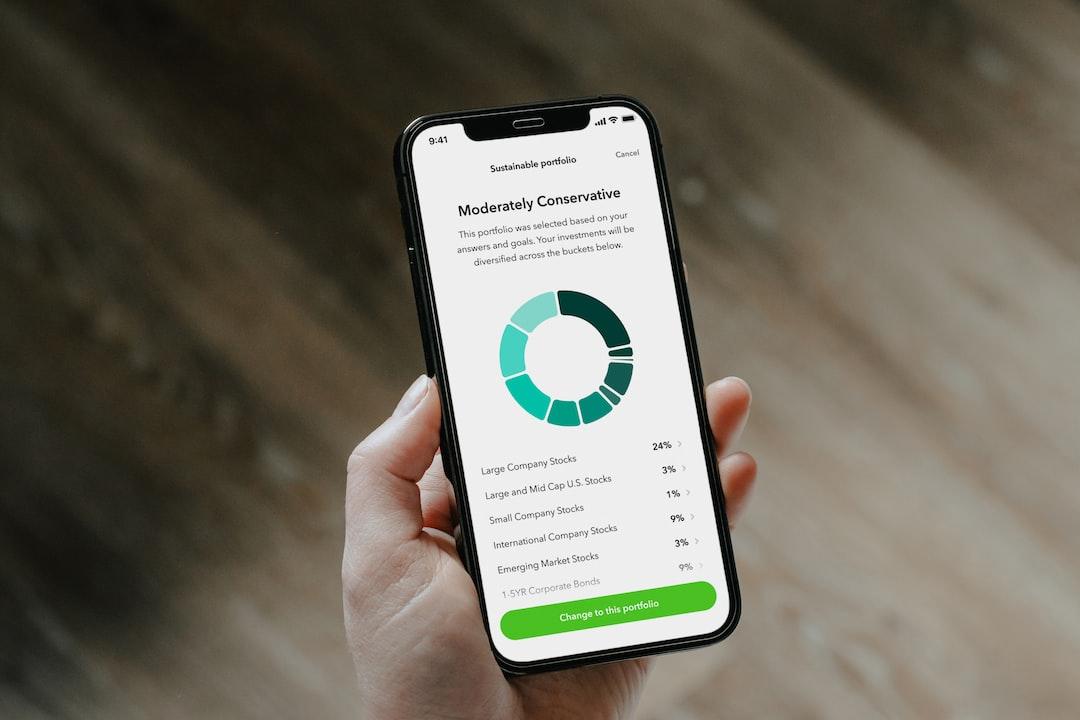
OpEd SECs AntiCrypto Stance Ends Prepare for a Fresh Approach
Gary Gensler’s tenure as a regulator has been disappointingly ineffective, echoing broader frustrations within the current Biden administration. The SEC, once a prominent regulatory body, now seems to fade into irrelevance under Biden’s leadership. This shouldn’t come as a shock, given Biden’s appointment of a former Goldman Sachs banker in the midst of a pandemic. Gensler’s impact mirrors that of his boss, achieving little despite his title.
Criticism of Gensler will follow shortly, as his time in office nears its end alongside Biden’s. The United States’ regulation of cryptocurrencies has been similarly ineffective, a common trend among major nations grappling with control issues. While the U.S. fares better than China in crypto development, its reluctance to adapt to the evolving global financial landscape leaves it lagging behind.
**Table of Contents**
1. The Decline of Growth Opportunities
2. Dysfunctional Systems Destroying Value
3. Inflating Bubbles
4. A New Paradigm in Commerce
5. The Lingering Global Economic Downturn
6. Redefining Monetary Systems
7. Navigating the Major Players
The era when the U.S. dollar reigned supreme globally, akin to the dot-com boom, has passed. Today, it serves as a nostalgic relic from a time when America could manage its debts without succumbing to rampant inflation. Cryptocurrencies emerge as the future of global commerce.
America had a chance to lead the global economy by integrating cryptocurrencies into its capital markets on equal terms. However, Gensler and others mishandled this opportunity, much like Biden’s administration. Gensler, essentially a figurehead, is not solely to blame. He dances to the tune set by powerful entities like Goldman Sachs, BlackRock, and the privately owned Federal Reserve, which controls the U.S. monetary system.
While the U.S. continues to print dollars at an alarming rate, it fails to generate substantial value. The banking cartel, thirsty for another bubble amidst this abundance of currency, influenced Gensler’s decision to approve Bitcoin ETFs. This decision reveals darker motives behind the scenes.
Historically, bubbles and misinvestments have sometimes led to valuable outcomes. For instance, the U.S. railroad bubble, despite its flaws, contributed to the development of critical infrastructure. Similarly, the dot-com boom played a role in popularizing the internet, now an indispensable component of the global economy.
Internet access costs have plummeted since Y2K, with innovations like Elon Musk’s Starlink promising further advancements. Yet, the Federal Reserve’s impending housing bubble casts a shadow over these developments. The housing crisis looms large, leaving many young people in the U.S., UK, and EU unable to afford adequate housing.
Central planners, akin to the Politburo of the USSR, now dictate economic policies. Entities like BlackRock wield enormous influence, setting interest rates, controlling debt access, and directing capital flows, reminiscent of planned economies.
However, the official economic narrative, filled with falsehoods like understated inflation figures, erodes public trust. Gensler, aligned with the banking cartel’s interests, has not served as a true regulator of U.S. financial markets, which should benefit American citizens and stakeholders in the Western financial system.
Economists often rely on equations and statistics, but a simple truth remains: government manipulation of inflation data can mask economic contraction as growth. If one favors GDP as a measure, the U.S. economy could be in a prolonged depression, explaining widespread poverty and despair.
By prioritizing the banking cartel’s interests, society as a whole suffers, risking global economic decline and escalating civil unrest. Cryptocurrencies, although not traditional money, represent a new frontier in value transfer and beyond. Despite their potential, current blockchain applications remain limited by our imagination and vision.
The trajectory of cryptocurrencies resembles that of early steam engines—pioneered by Newcomen and Watt—paving the way for unforeseen developments like nuclear submarines. Likewise, cryptocurrencies’ current role may evolve drastically over the coming decades and centuries.
However, the banking cartel, reliant on fiat currency, fears the disruptive potential of cryptocurrencies. Gensler’s regulatory actions against promising crypto projects, such as Ripple, reflect this fear. The banking cartel now seeks significant Bitcoin holdings, potentially wielding substantial influence over its value.
Fiat currencies, including the modern Western iteration since Nixon’s 1971 decision, may face challenges from blockchain technologies. While Bitcoin alone cannot supplant the Western financial system, collectively, existing blockchains could.
Countries experiencing high cryptocurrency adoption rates often grapple with severe inflation issues, fueling the Federal Reserve’s fear of inflation. Attempts by the BRICS nations to introduce digital currencies seem geared toward resurrecting flawed fiat currency models in new forms.
Gary Gensler and Joe Biden appear more aligned with external agendas than the interests of the United States. Central planning, despite its short-term efficacy, proves unsustainable. The severity of economic woes hinges on the West’s ability to adapt to a changing socioeconomic landscape.
Remember—alternative solutions exist. Embrace creativity!
![]()
Advertise Here













